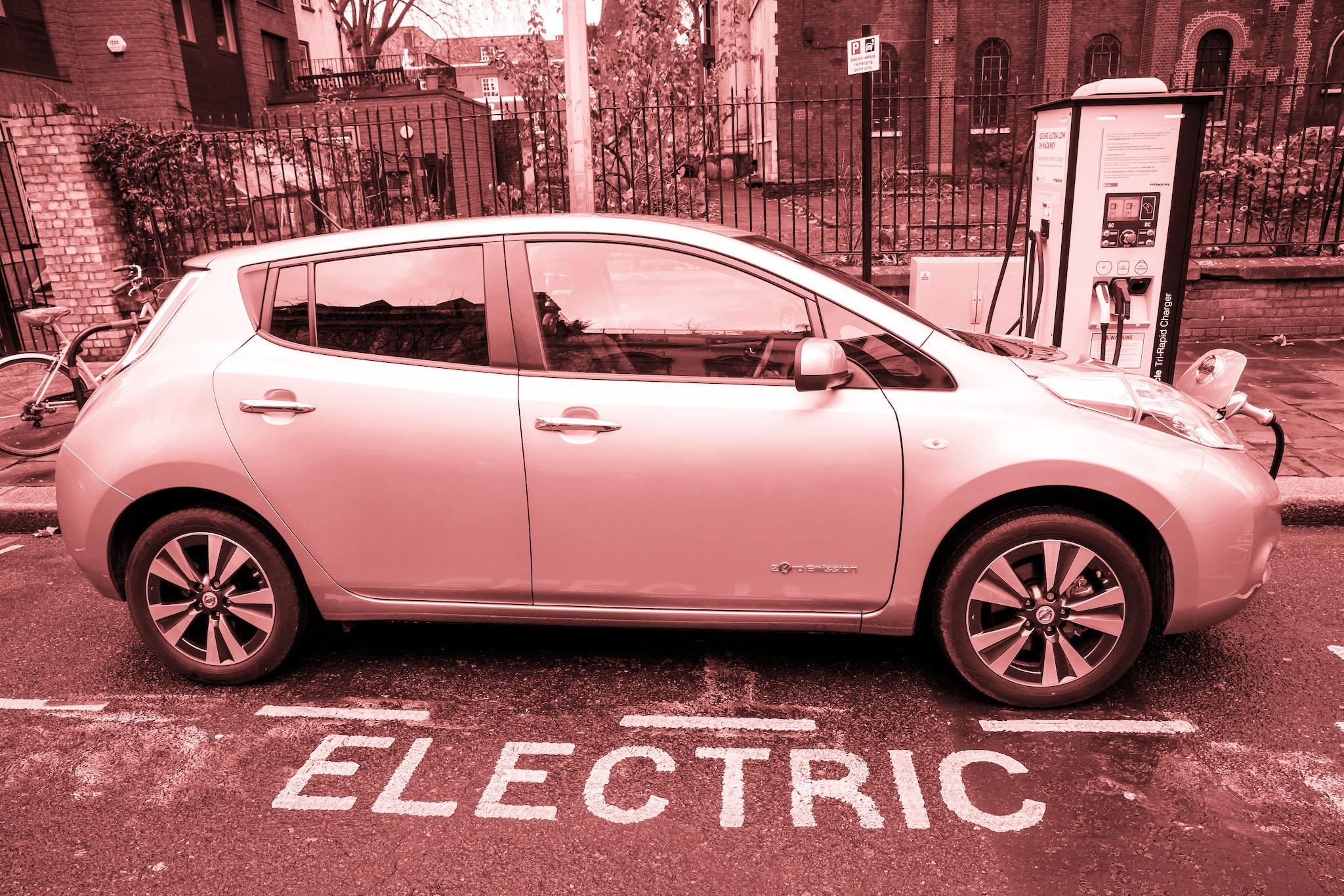Are electric cars a completely green answer for dealing with global pollution?
- Why electric cars are regarded as green?
- How electric cars will operate
- Disposing batteries
- Production of Lithium
- Battery size
- Cobalt
- Is the 2040 ban even significant?

The United Kingdom government announced new diesel and petrol vehicles will be banned within the UK from 2040 as a means of tackling air pollution.
Electric cars are regarded as a cleaner alternative with roughly 266 million vehicles expected to be on the road by 2040 according to petroleum organisation OPEC.
France also set 2040 as the year in which petrol and diesel cars will be completely banned.
Despite these government announcements, how environmentally-friendly are electric cars, and are they a viable solution to combat global pollution?
Why electric cars are regarded as green?
Electric cars are expected to emit half the CO2 emissions of a diesel car by 2030 according to Yoann le Petit, of the Transport and Environment Think Tank.
The release of nitrogen dioxide from diesel exhausts is damaging the entire atmosphere as well as being harmful to human health.
Copenhagen is expected to have no diesel cars from as early as 2019.
Major of the city, Frank Jensen, said: ‘‘It is not a human right to pollute the air for others. That’s why diesel cars must be phased out.’’
Air pollution, often associated with diesel cars, is estimated to cause roughly 40,000 deaths a year in the UK according to BBC environment analyst, Roger Harrabin.
How electric cars will operate
Often labelled as zero emission vehicles, electric cars appear to be the future of transport. They will be powered by Lithium-ion batteries, which first went on sale 26 years ago as part of Sony’s CCD-TRI camcorder before spreading rapidly to commodities such as phones, computers and even e-cigarettes.
Simon Moores, of Benchmark Mineral Intelligence, believes Lithium is easy to find, and said there is at least 210 million tonnes of it with current annual production at 180,000 tonnes.
Lithium is the lightest metal and offers the greatest electrochemical potential, causing high power and energy density, as stated by Dominic Notter, of the Technology and Society Laboratory in Switzerland.
Disposing batteries
Despite being advocated as environmentally-friendly, Li-ion batteries may actually cause environmental issues when produced for electric cars.
Waste disposal would be a particularly key problem.
Ajay Kochhar, CEO of Canadian battery recycling organisation, Li-cycle, believes the transition to electric vehicles could leave roughly 11m tonnes of used Li-ion batteries needing recycling from this year until 2030.
According to the environmental network, Friends of the Earth Europe, the total number of Li-ion batteries collected in the EU during 2010 was approximately equivalent to 1,289 tonnes along with 297 tonnes of lithium primary batteries.
Recycling such vast quantities of lithium is not easy since it is a highly reactive and flammable material. As a result, the toxic metal can often be dumped in landfill or incinerated, creating pollution problems in itself.
Production of Lithium
The initial process of producing lithium requires pumping brine from underground using diesel fuel, while metals within the battery management system such as aluminium require a high energy demand.
Amrit Chandan, a chemical engineer at Acelron said: ‘‘It takes so much energy to extract these materials from the ground. If we don’t re-use them we could be making our environmental problems worse.’’
Battery size
As it stands, the general trend is leaning towards larger Li-ion batteries with longer ranges which are unnecessarily high according to Peter Mock, managing director for Europe at the International Council on Clean Transportation.
‘‘For 90 per cent of the vehicles it just doesn’t make sense to have such a big battery’’, said Mr Mock.
The batteries within electric cars have been estimated as doubling from 20kwh to 40kwh by 2025 as predicted by UK investment bank and research service, Liberum.
Bigger batteries will increase the landfill issue as well as requiring greater levels of cooling to prevent such batteries from over-heating. Such processes prevent the batteries from igniting as they contain flammable liquid electrolytes.
For some, the size of the batteries means even landfilling is not a solution.
Marc Grynberg, chief executive of Umicore, a Belgian materials technology company, said: ‘‘Given their sheer size, batteries cannot be stored at home and landfilling is not an option.’’
Cobalt
As a component of the Li-ion batteries, 8000 to 9000 tonnes of cobalt is believed to be used every year.
This is problematic for those who view the electric car as a clean new technology according to Robert Baylis, managing director of Roskill Information Services, a London research and consultancy service dealing with international metals and minerals.
Mr Baylis said: ‘‘Two-thirds of the mined production of cobalt is from the Democratic Republic of Congo, which has an issue with child labour, and environmental standards aren’t good.
‘‘It is then shipped to China, where it is processed, often beyond the sight of environmentalists.’’
As a result, chemical companies such as LG Chem announced they are actively attempting to reduce the cobalt component of their battery cells.
Samsung SDI also announced plans to reduce the amount of cobalt per battery unit to roughly half the total in the current industry.
Is the 2040 ban even significant?
The ban of diesel cars by 2040 sounds good for environmentalists, but such a decision needs to be urgent as explained by Gareth Redmond-King, head of climate and energy policy at environment group WWF.
‘‘The government’s been failing to comply with this law for seven years and then it is setting itself a target so far in the future.’’
This leaves the question as to whether electric cars can really tackle the ever-growing problem of pollution with clearly-visible results, or perhaps the implementation is coming too late to fully combat the issue.
Join our commenting forum
Join thought-provoking conversations, follow other Independent readers and see their replies
Comments
Bookmark popover
Removed from bookmarks